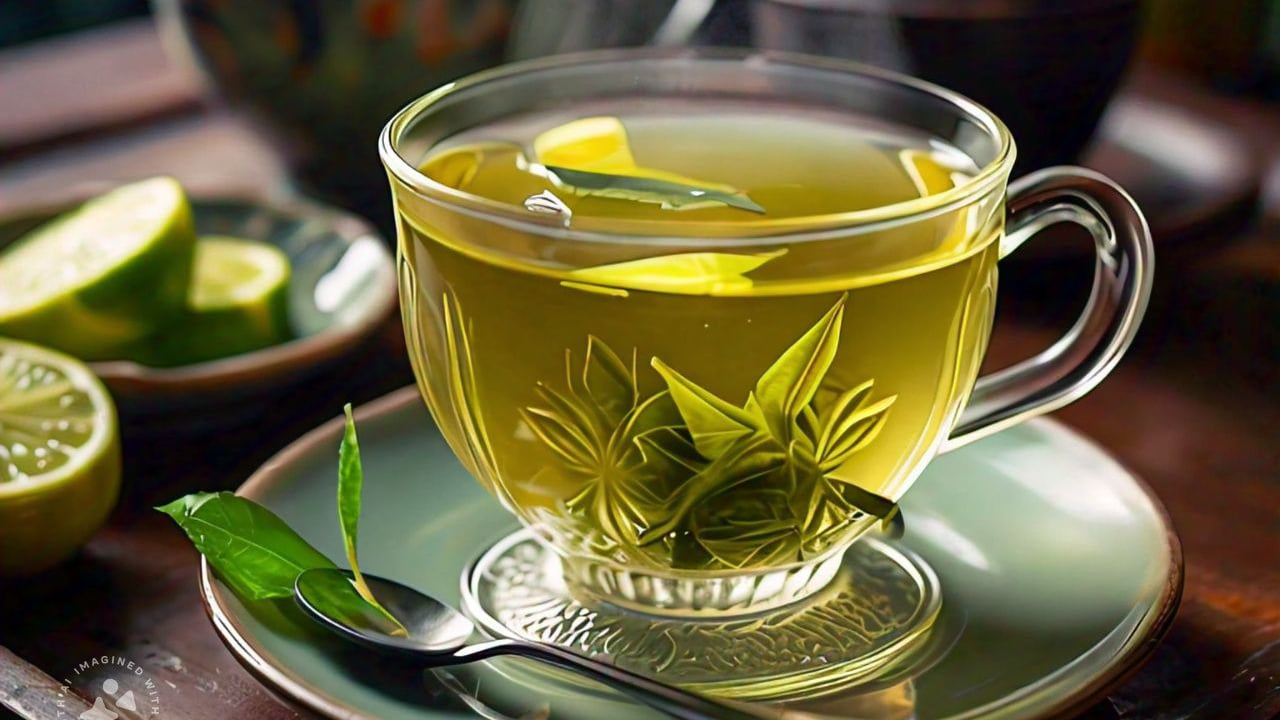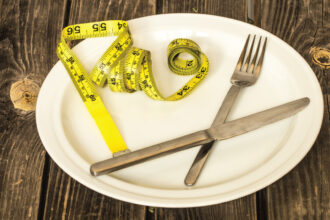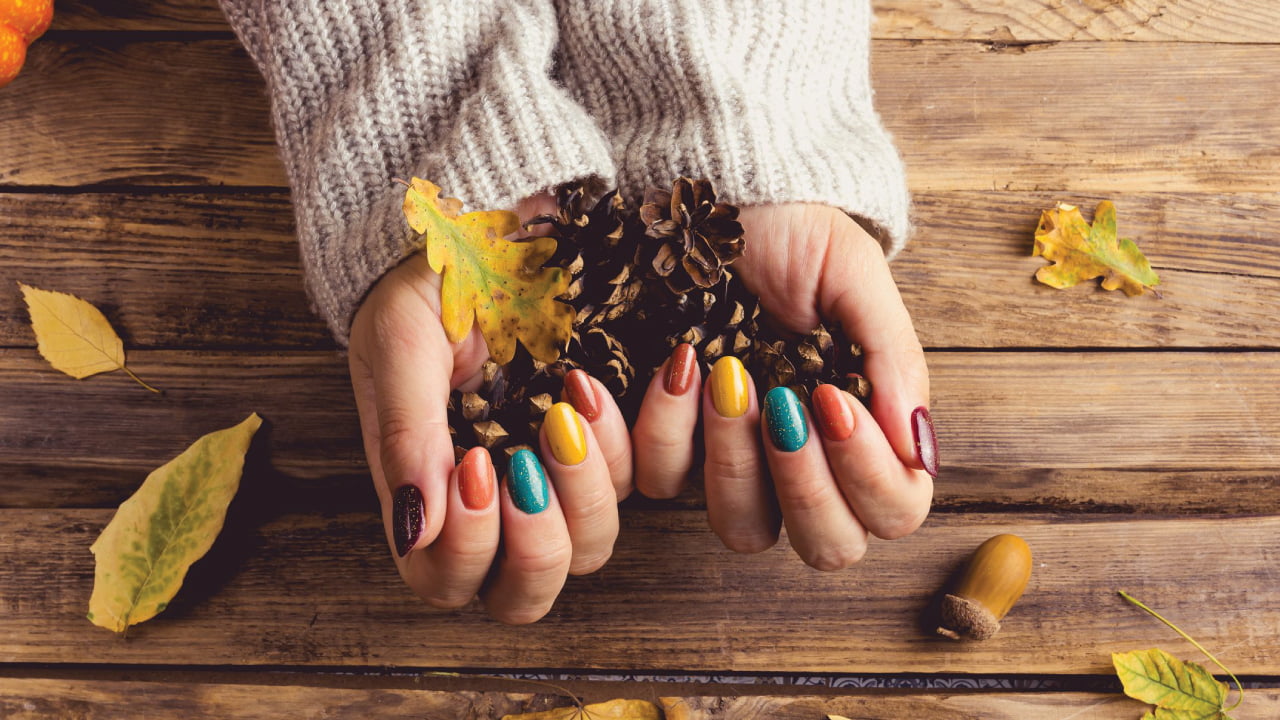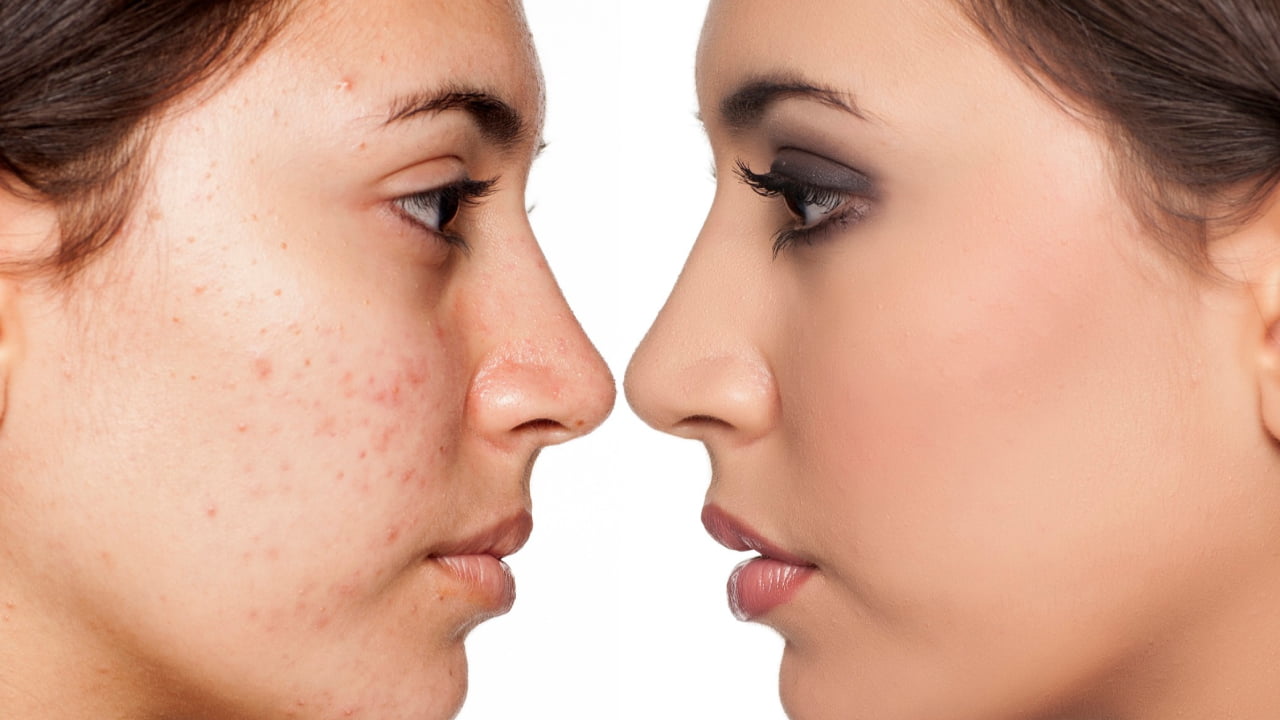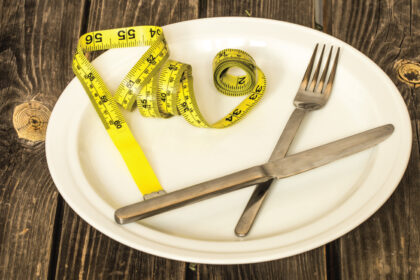Acne is a well-known skin problem that affects millions all over the world. It happens when old skin cells, oil, and bacteria block the skin’s pores. Acne can result in ugly and painful pimples, whiteheads, and blackheads. While it’s more common in adolescence and adolescence, it can be seen in anyone of any age.
Understanding Acne
To remove acne, it is essential to comprehend the root of the problem. The pores on the skin are tiny and connect to oil glands. These glands produce sebum, an oily substance that keeps the skin moist. But, if the skin produces excessive sebum, it could mix with the dead cellulite of the skin, which can block the pores. Bacteria may then develop within these pores, which can cause acne and inflammation.
Types of Acne
There are many types of acne. These include:
Blackheads: Comodones with open pores that form when pores become blocked with old skin cells and oil.
Whiteheads: Comedones that are closed, which form when pores become completely clogged by dead skin cells and oil.
— Papules are inflamed, and pink bumps appear as bacteria infect the skin.
Pustules: Pus-filled bumps that develop after skin infections by bacteria.
Cysts: Large painful bumps develop when skin bacteria are infected and cause severe inflammation.
Tips to Get Rid of Acne
Although acne can be challenging to manage, there are a few strategies that can benefit:
Cleanse your face. Wash your face at least twice daily using a mild cleanser to get rid of the dirt and oil that has accumulated.
Make sure to use non-comedogenic items. Choose products marked “non-comedogenic” or “oil-free” since they won’t block pores.
Regularly exfoliate: Do it at least once or twice weekly to remove dead skin cells and unclog pores.
Do not pick or pop pimples: Refrain from the urge to pop or pick at pimples, as it could cause scarring and prolong healing time.
Stay hydrated. Get plenty of water to flush out toxins from your body and help keep your skin well-hydrated.
Natural Treatments for Acne
Alongside these suggestions, many natural remedies can benefit from getting rid of acne:
Tea tree oil: Small amounts of oil extracted from the tea tree are applied to the affected areas to decrease inflammation and eliminate bacteria.
Aloe vera Aloe Vera Gel: Apply it to calm and soothe the skin.
Honey is applied to the affected areas to lessen inflammation and encourage healing.
I apply the brewed tea to the skin or drink it as a tea to ease inflammation and aid in healing.
Medical Treatments for Acne
If the acne you are experiencing is severe or persists, you might require medical attention. There are a variety of options available:
Antibiotics: Use antibiotics to treat acne caused by bacteria.
Retinoids: Use retinoids to open pores and prevent new acne from developing.
Isotretinoin: Use isotretinoin to treat highly severe acne, but it doesn’t respond in other ways.
Hormonal treatments: Take hormone treatments to balance hormonal imbalances that cause acne.
Lifestyle Changes to Prevent Acne
Alongside these suggestions and treatments, various lifestyle modifications could benefit keep acne at bay:
• Eat a balanced diet: Avoid processed food and sugars, which could cause inflammation and acne.
Regular exercise can lower stress levels and improve overall health.
– Manage stress: Excessive stress levels can cause hormonal imbalances and acne.
– Make sure you get satisfying sleep: Insufficient sleep can result in hormonal imbalances and stress, which can cause acne.
Conclusion
It would help if you had perseverance, determination, and a proper treatment method to eliminate acne. If you follow these suggestions and remedies, you can reduce inflammation, avoid the formation of scars, and clean your skin. Remember to be patient because it might take time to determine the best method of treatment that is appropriate for your skin. By combining the correct treatment methods, therapies, and lifestyle adjustments, you can energetically remove the acne problem and achieve the healthy, clear skin you want.

